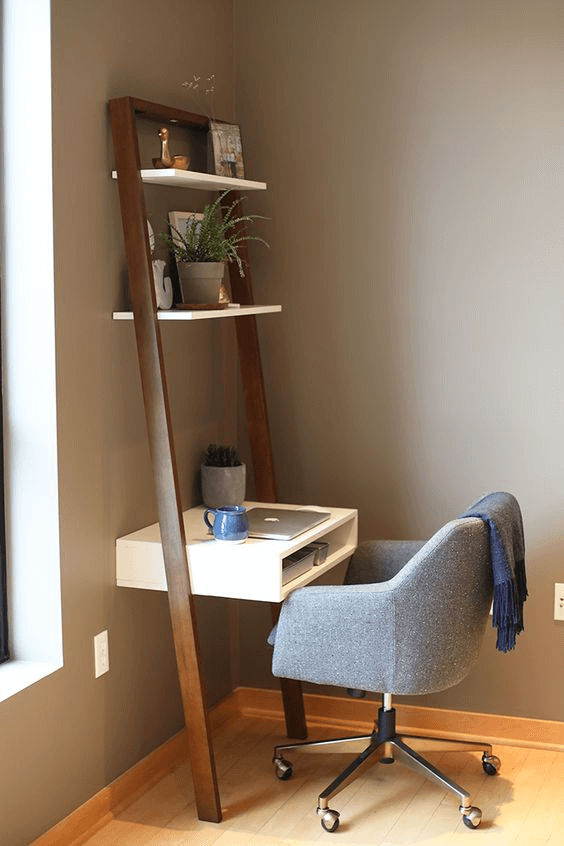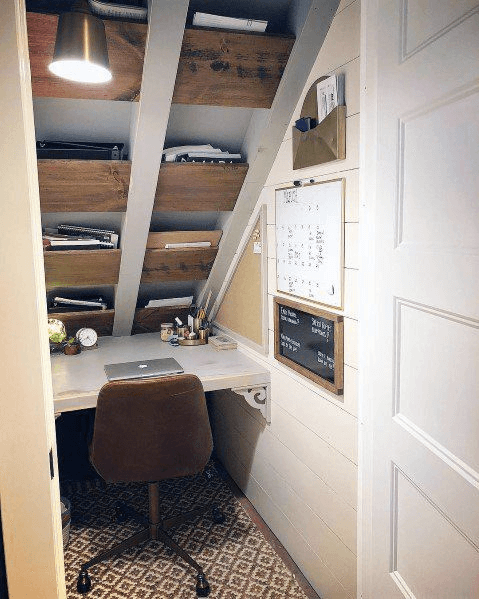According to Statista, the essential benefit of remote work in 2020 was the flexible schedule.
Besides, you get other advantages like spending less time commuting and more time with your closest friends. At the same time, you are often not able to unplug.
While merging your personal and business activities, you endanger the private areas of your daily life, and not all people can manage this challenge successfully.
Yet, the success of your remote work has a strong connection to how you organize your work. These skills would be valuable since more companies refuse offices and allow their employees to work at distances. This is true for the IT industry, where software development companies like MLSDev shut down their offices during the pandemic.
In this article, we’ll tell you how to organize your remote workspace effectively with little effort.
1. Set a place
Sometimes working at home appears to become a bad practice. You turn your whole house into your office. Here’s what you get:
- Mess around the house makes you spend more time cleaning up
- You can’t find the things you need
- You lose discipline and focus
To avoid this, you have to set a comfortable working place and keep it only for work. It is perfect if you have a separate room, yet a free corner in the living room will also work.
For inspiration, here are a couple of ideas proving that it is possible to organize a working space in the small corner, on the windowsill, or under the staircase.

Another great idea for a workplace at home:

The last one is our favorite:

2. Set time
53% of US adults think a flexible schedule is the main benefit of working remotely. Yet, there is this persistent feeling you can do your chores later which eventually ends up falling behind schedule.
So, decide the most comfortable hours to work and make this time sacred. You may use Google Calendar or any other organizational tools, where you can fill out the time slots dedicated to your working assignments.
This sort of ritual will help you get organized and your family get accustomed to the time they can’t bother you and schedule their routines adequately.
3. Set your mood
Of course, you have more time for sleep at home, but this doesn’t compensate for some activity you usually spend on the commute. As you don’t have to go up and down stairs or hurry to a nearby coffee shop, think about having some exercise as a substitution.
Activity and oxygen cater to better concentration and prevent the development of muscle pains.
4. Declutter
Among many factors distracting you from working effectively, the mess on your desk and desktop is the most notorious one. Yet, you don’t have a cleaning manager taking care of your environment.
So, start to regularly clean your working place and keep it as a rule.
5. Stay neat
Were you having a call at 8 o’clock in underwear? We’ve all been there. It’s a bad practice. Of course, it seems in the informal setting, like that of your bedroom, you are free to do and look whatever you want.
In fact, not. After years of schooling and office, an average adult psychologically connects to outwear with the level of devotion and concentration. You are most tuned and focused when wearing a suit. A bathrobe, on the contrary, doesn’t add to your work discipline unless you are a freelance painter.
Also, you may be suddenly asked to enter a camera call when discussing a project with your team.
It’s better to have a couple of clothing items you will only put on as you start working. This also will keep you from the temptation to do cooking while participating in a boring conference.
6. Request your tools
Office space is usually more beneficial in terms of equipment; your home is not.
Therefore, companies are now interested in supplying their remote workers with high-quality equipment to enhance production levels. Companies involved in tech, web, and mobile development services gladly provide their employees with the necessary equipment.
Don’t be shy to ask for what you need: a better camera, headset, keypad, mouse, etc.
Bonus tip: Connect with people
If you’ve read the tips effectively, you should have noticed they follow one general idea: make your setting and working routine similar to that you have when working in the office. Yet, the last important thing was skipped: you need people too.
In the office, you usually have to talk to different sorts of people. Since you lose this opportunity when working from home, try to engage in informal conversations with your colleagues online. Although we all chat informally in private groups, you may call them too. Hearing each other’s voice and video-chatting (even if you hate you look on zoom) contribute to shaping better working relations.
Follow Us